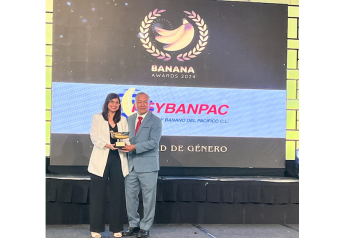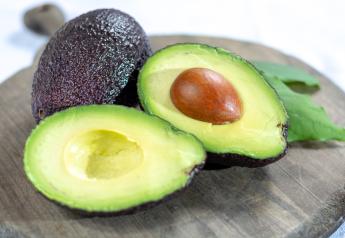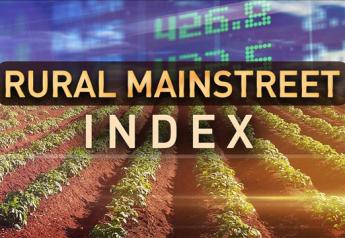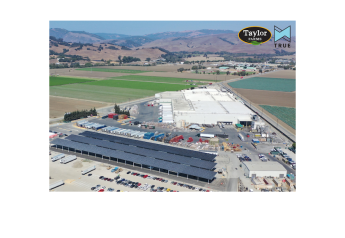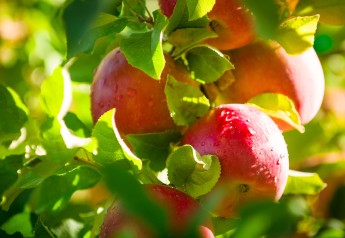Retailers, tech experts, growers discuss solutions for food waste, insecurity
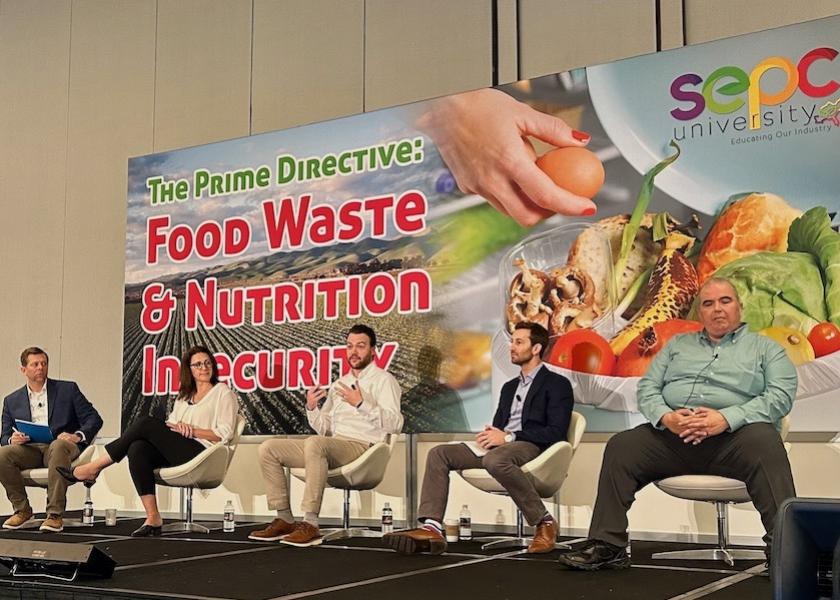
ORLANDO, Fla. — One major riddle of our produce industry is how we can have so much food waste with so many people experiencing food insecurity and nutrition deficiency in a relatively wealthy country.
It’s a riddle rife with clues for culprits and ideas for solutions, discussed March 3, at the “The Prime Directive: Food Waste & Nutrition Insecurity” education session at Southeast Produce Council’s Southern Exposure conference and expo at the Walt Disney World Swan and Dolphin Resort.
Related news: The ‘Power of Produce’ prevails, annual FMI report finds
Thirty percent to 40% of food produced globally is lost or wasted, and most of it is happening within commercial businesses such as retail and also in homes, said Pete Pearson, session moderator and World Wildlife Fund’s global initiative lead of the food circularity program. A smaller percentage is happening on farms and the beginning stages of the supply chain, he said.
One solution is to shorten the supply chain by building smaller indoor farms using controlled environment agriculture techniques near urban centers, enabling less use of water, land, no pesticides, faster production cycles and shorter trips from harvest to store shelf.
“The ability to do it in this way really manages food waste and helps us get it to the consumer fast — sometimes less than 48 hours on the shelf from harvest,” said Abby Prior, chief commercial officer of indoor grower BrightFarms.
Ahold Delhaize USA has a goal to reduce 32% of the food waste at its retail banners by 2025 and 50% of it by 2030 — with zero waste ending up in a landfill by 2025, said Justin LaCroix, director of sustainable operations and brand lead for health and sustainability at Ahold Delhaize USA.
The food retail group — including Food Lion, FreshDirect, Giant, The Giant Co., Hannaford, Peapod and Stop & Shop — is one of the founding members of the 10x20x30 initiative, in which 10 of the world’s biggest food retailers engage 20 of their priority suppliers to halve food waste by 2030. This commitment is in line with the United Nations’ Sustainable Development Goal Target 12.3, calling for a 50% reduction in food loss and waste globally by 2030.
One of the four pillars of the Ahold Delhaize USA’s health and sustainability mission involves launching a HowGood label program to provide product sustainability ratings and advancing traceability in fresh food, LaCroix said.
“I feel the retailers are central to a lot of what's going on, making a direct point to supplier performance, but also interacting directly with customers as well too,” LaCroix said.
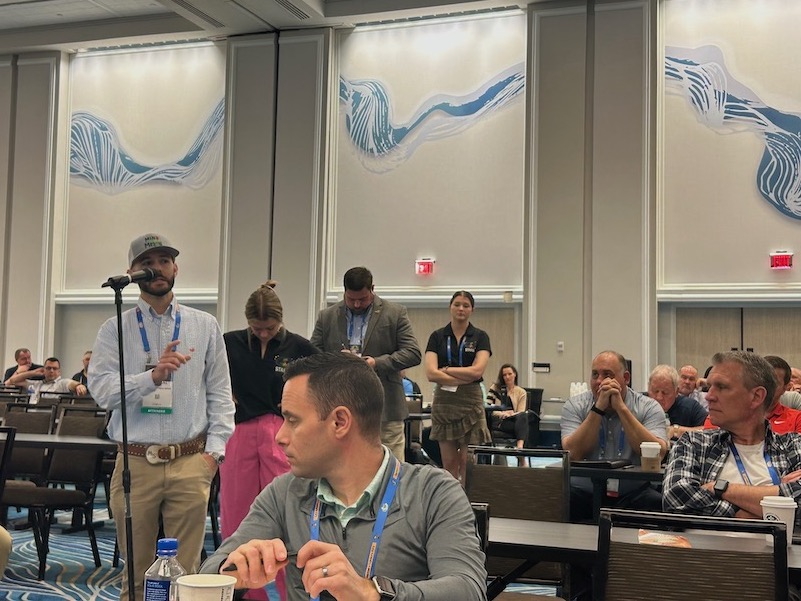
“There's a lot that we can do within our own operations, everything from working on forecasting and the replenishment process and making sure we have the right products and how they're easily available to consumers but also having a strong foundation," he said, "making sure that we have relationships with global partners and groups like Feeding America to ensure that what we don't sell is donated, but also health issues and the educational component.”
We need 7.4 billion pounds of food to feed 34 million food-insecure people, said Luis Yepez, chief procurement officer of The Farmlink Project, which connects farms with surplus to food banks to feed people in need and reduce carbon emissions.
Related news: Photos of Southern Flavor Cocktail Party at SEPC Southern Exposure
Nathan Fenner, president and co-founder of Afresh, said he thinks the critical question is: Can we leverage technology to make the supply chain work?
Afresh built supply chain software from the ground up with a specific focus on fresh produce, leveraging new technology such as artificial intelligence. The tools are used by retail produce managers to do their daily inventory and helps them be guided by AI to create optimized recommendations to minimize waste and maximize precision.
“But I would also really like to point people back to the supply chain,” Fenner said. “We've accepted for too long 30 to 40% waste. If you can make it substantially more efficient, obviously that will reduce the waste but that really actually also increases profits, and that's because we would have a more efficient supply chain if you have what comes in be more profitable for the retailers to sell, to sell fresh, to sell nutrition and healthy food.”
Afresh has partnered with retailers including Albertsons Cos., SpartanNash, WinCo Foods, Bashas’, Cub, Fresh Thyme Market, Save Mart and Heinen’s Fine Foods. Partners have seen 3% incremental sales growth, an average of 25% shrink reduction and an 80% out-of-stock reduction.
“I think the work we're doing to kind of divert food that would otherwise go to waste is incredible, but the root cause here is inefficient supply chain — and we can do better,” Fenner said.


